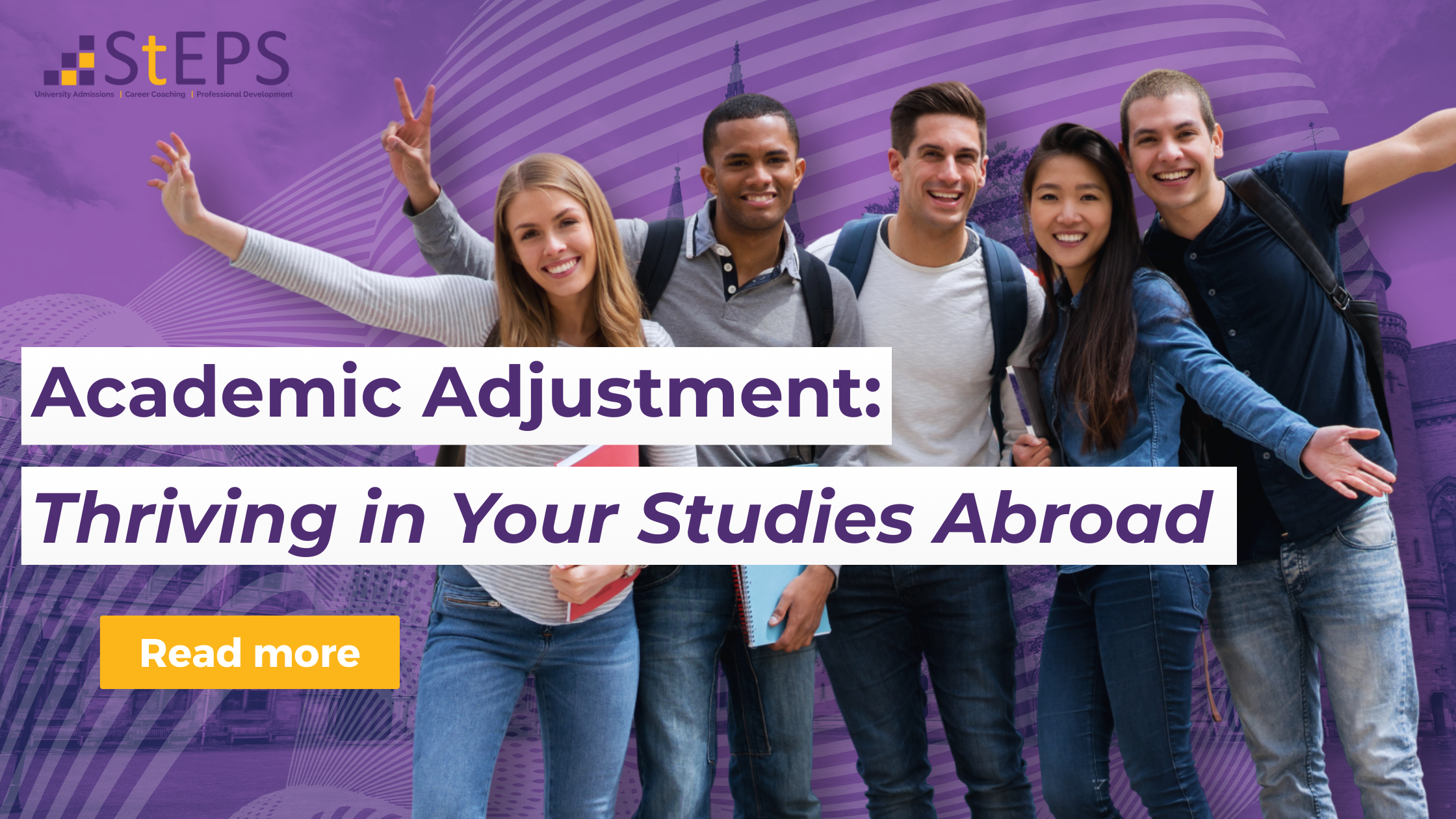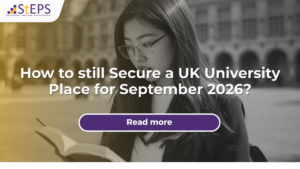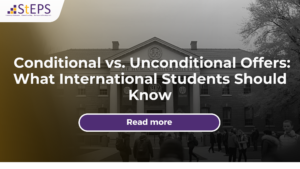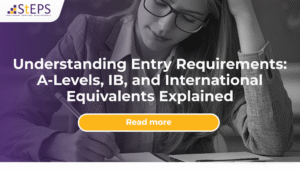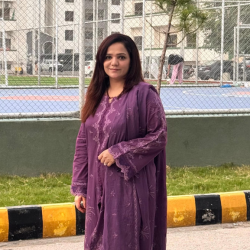Academic Adjustment: Thriving in Your Studies Abroad
Landing in a new country and starting university is a huge milestone. But once the initial excitement of orientation fades, the academic side of your journey starts to feel very real. Suddenly, you’re in lecture halls where the teaching style may not match what you’re used to, deadlines feel stricter, and grading seems harder to decode.
The good news? Academic adjustment is a skill you can build. With curiosity, consistency, and the right strategies, you’ll not only survive but thrive in your new environment.
- Understanding the Academic Culture
Every education system has its quirks. In some places, memorization and exams dominate; in others, professors expect you to speak up, challenge ideas, and contribute to discussions. If you’re used to quietly taking notes, being asked to debate in class can feel overwhelming at first, but stepping out of your comfort zone is the first step to growth.
The best approach is to treat your new academic culture like a new language. Observe it, practice it, and adapt. Notice how local students interact, ask your professors about grading policies, and double-check what counts most: participation, essays, or exams. Even something as simple as knowing whether a 70% is “average” or “excellent” can save you unnecessary stress.
- Building Relationships with Professors and TAs
Professors want you to reach out. Office hours aren’t just for emergencies; they’re an opportunity to clarify concepts, get feedback, and show genuine interest.
Instead of waiting until you’re stuck, go early. You might bring an essay outline, ask how to improve your research, or follow up on something discussed in class. Small steps like these signal that you’re engaged and proactive, these are qualities that professors notice. Over time, these relationships can also open doors to mentorship, recommendation letters, or even research opportunities.
- Using Campus Resources to Your Advantage
Universities are full of resources designed to help students, yet many internationals hesitate to use them. Don’t make that mistake, these resources can turn confusion into confidence.
Libraries, for example, aren’t just about borrowing books; they’re treasure troves of journals, online databases, and quiet study spaces. Writing workshops can sharpen your essay skills, especially if academic writing in English (or the local language) feels new. Tutoring services are there to support you before things spiral out of control.
Don’t wait until exam season. Explore these resources in your first few weeks so you know where to go when you need them.
- Mastering the Language of Instruction
Even if you’re fluent in daily conversation, academic language is another level. Research articles, technical vocabulary, and essay structures often take practice.
Start small by creating your own “academic word bank” for subject-specific terms. Summarize lecture notes in your own words to test your understanding. And when it comes to writing, look at sample essays or past papers to see what’s expected in terms of tone and structure.
Citation styles—APA, MLA, Harvard—can also trip you up if you’re new to them. Learn the basics early and use referencing tools or guides your university provides. It saves time and stress later.
- Balancing Workload and Priorities
Between lectures, assignments, and social life, it’s easy to feel stretched thin. The trick isn’t to do everything; it’s to do the right things at the right time.
Many students find that using a planner or time-blocking their week helps bring order to the chaos. Focus on tasks that carry the most weight for your grades, and don’t fall into the trap of overcommitting to clubs or activities in your first semester. Build your rhythm first; you can always expand once you’re comfortable.
- Seeking and Applying Feedback
Feedback can feel intimidating, but it’s one of the fastest ways to grow. Instead of reading comments once and moving on, treat them like a learning tool. If a professor says, “needs more analysis,” ask for examples of what deeper analysis looks like. Keep track of recurring comments, like weak thesis statements or surface-level arguments and focus on improving those areas in your next assignment.
When you apply feedback consistently, your progress becomes visible not just to you, but also to your professors. And that builds confidence.
FAQ
- What should I do if I don’t understand the grading system?
Ask early. Professors, teaching assistants, or academic advisors can explain how grades are calculated. Universities often provide grade conversion charts, too. Don’t guess—clarity now prevents stress later.
- I’m nervous about speaking up in class. How can I build confidence?
Start small. Prepare one question or comment before each lecture. Over time, participation becomes easier, and professors notice your effort. Remember, your perspective as an international student is valuable.
- How do I balance academics with making friends and exploring a new country?
Think of it as time management, not sacrifice. Use planners or apps to block study time, then give yourself guilt-free breaks to socialize or explore. Balance comes from planning, not luck.
- What’s the best way to use feedback from professors?
Don’t just read it—apply it. Identify recurring comments and work on them in your next assignment. If feedback feels vague, ask for specific examples. Professors appreciate students who take feedback seriously.
- What if I still feel overwhelmed after trying these strategies?
That’s normal, especially in your first term. Reach out to student support services or academic advisors—they exist for exactly this reason. Remember, asking for help is a strength, not a weakness.
Final Thought
Adjusting academically abroad is less about knowing all the answers and more about learning how to navigate a new system with confidence. You’ll stumble at times—that’s normal. What matters is being open to feedback, using the resources around you, and gradually finding your own study rhythm.
Remember, thriving in your studies abroad doesn’t happen overnight. But with patience and persistence, you’ll look back and realize you’ve grown not just as a student, but as a thinker, communicator, and problem-solver. And that’s what studying abroad is really all about.

